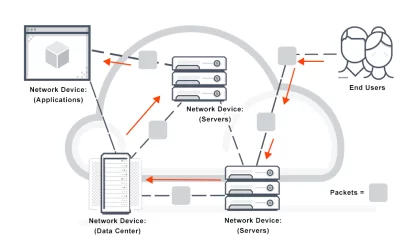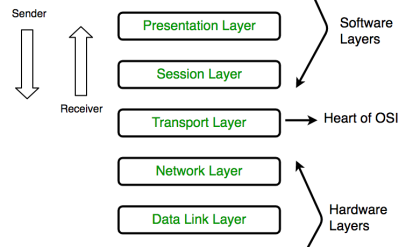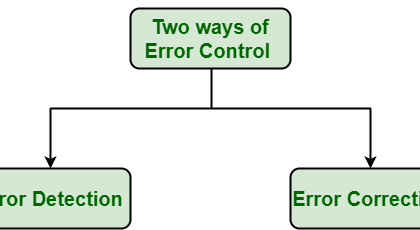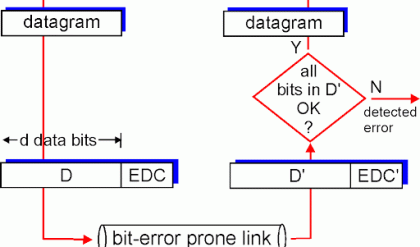In this section, we will learn about the different components and terms used in switching systems.
Inlets and Outlets
The set of input circuits of an exchange are called Inlets and the set of output circuits are called the Outlets. The primary function of a switching system is to establish an electrical path between a given inlet-outlet pair.
Usually, N indicates the inlets and the outlets are indicated by M. So, a switching network has N inlets and M outlets.
Switching Matrix
The hardware used to establish connection between inlets and outlets is called the Switching Matrix or the Switching Network. This switching network is the group of connections formed in the process of connecting inlets and outlets. Hence, it is different from the telecommunication network mentioned above.
Types of Connections
There are four types of connections that can be established in a telecommunication network. The connections are as follows −
- Local call connection between two subscribers in the system.
- Outgoing call connection between a subscriber and an outgoing trunk.
- Incoming call connection between an incoming trunk and a local subscriber.
- Transit call connection between an incoming trunk and an outgoing trunk.





